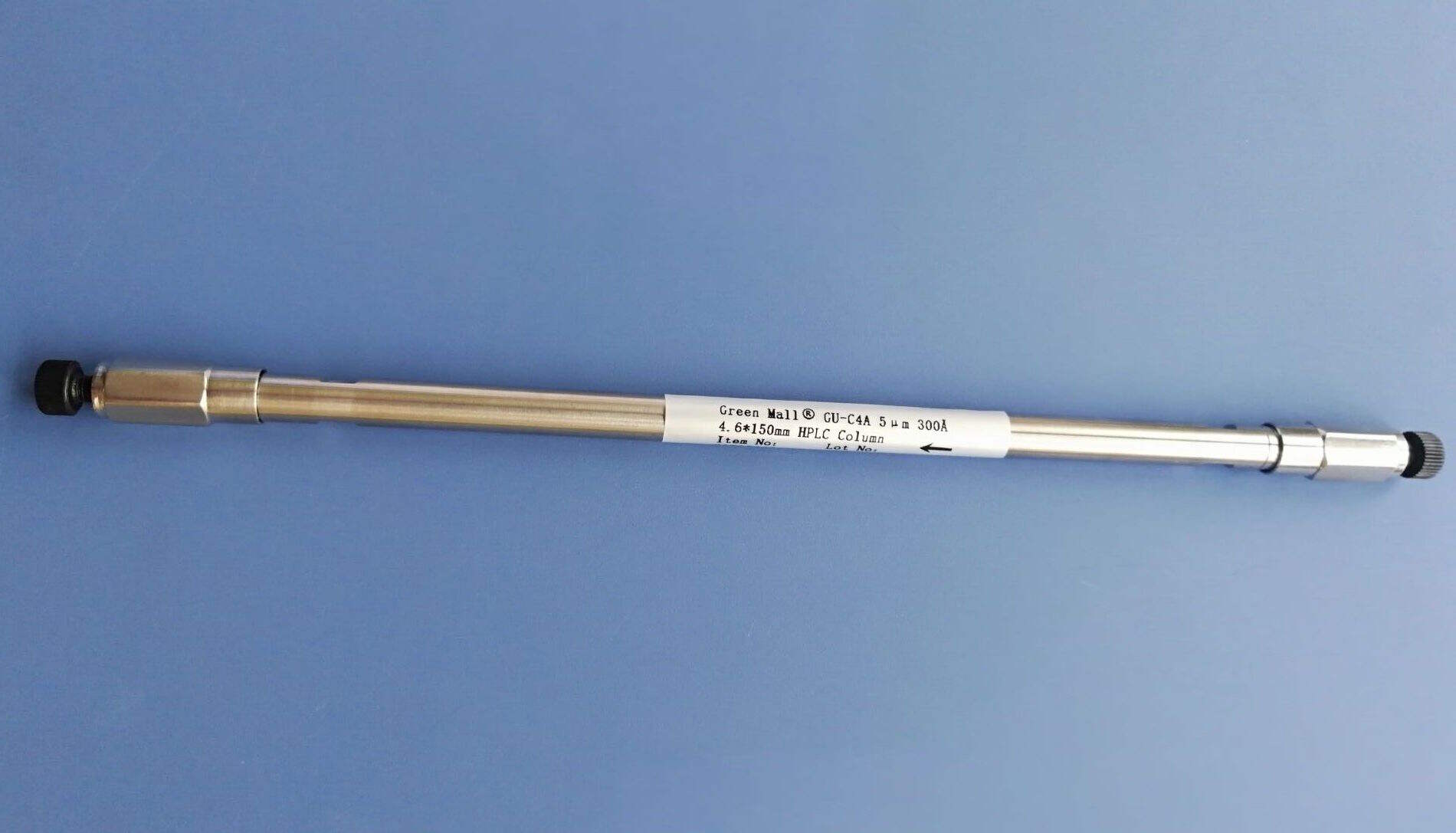syringe filter types
Syringe filters are essential filtration devices designed for single-use applications in laboratory and industrial settings. These compact filters consist of a housing unit containing a membrane filter with specific pore sizes ranging from 0.22 to 0.45 microns. The primary function of syringe filters is to remove particulates, microorganisms, and other contaminants from liquid samples. They are engineered with different membrane materials, including nylon, PTFE, PES, and PVDF, each optimized for specific applications. The design typically features a luer lock or slip connection for secure attachment to syringes, enabling efficient and controlled filtration processes. These filters are widely used in HPLC sample preparation, sterile filtration in pharmaceutical manufacturing, biological sample purification, and environmental testing. Advanced syringe filters incorporate low protein binding properties and high chemical compatibility, making them suitable for various analytical and research applications. The filtration area is optimized to prevent membrane clogging and ensure consistent flow rates, while the housing material provides excellent chemical resistance and durability during use.

